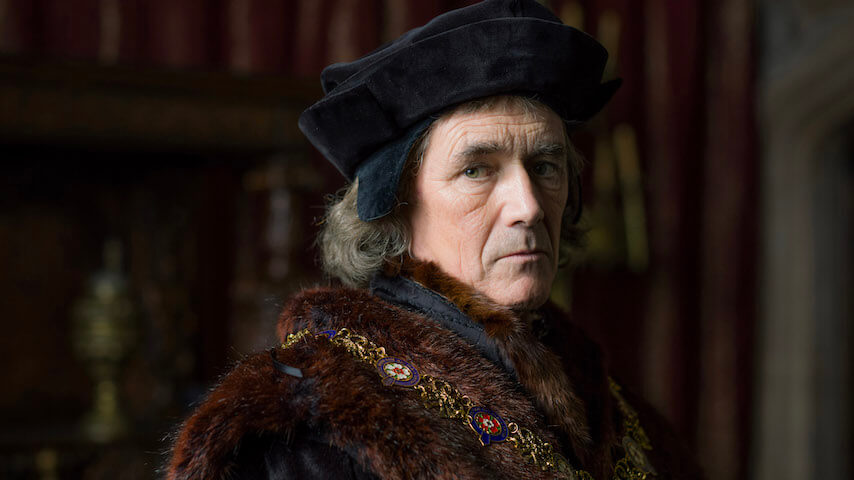Mark Rylance took a big pay cut to get Masterpiece's Wolf Hall: The Mirror And The Light made
The show's director is currently trying to establish a streamer-backed cultural fund for British content.
Photo: Playground Television (UK) Ltd
The BBC and Masterpiece’s Wolf Hall may tell the story of several British wars, but even a show as stalwart as the Mark Rylance-led historical drama isn’t exempt from the streaming wars. The lead actor, producer, writer, and director all “gave up a significant proportion of their fees” to get the second series of the show made, director Peter Kominsky revealed this week in written evidence to British lawmakers, per Deadline. Speaking of the show’s sequel series Wolf Hall: The Mirror And The Light, which aired last year in the U.K., Kominsky continued: “We had shepherded the series through a ten-year development process but, in the end, it was necessary for us to work for very little to get the show made.” Wolf Hall, which tracks the rise of lawyers Thomas Cromwell (Rylance) through the court of Henry VIII (Damian Lewis), first aired a full decade ago in 2015.
While unhurried, well-acted British historical dramas like Wolf Hall feel like a cornerstone of the television landscape, Kominsky insists they’re in as much danger as any other type of show. The pool of U.S. investment into British content is dying up, he said, explaining in a submission to the British Parliament’s Culture, Media and Sport Committee, “Though there are exceptions, it is not currently part of the streamers’ general financial model to co-produce with UK PSBs. They prefer to wholly own a project.” His solution is one he says many other European countries including France and Germany have already adopted: a cultural fund for British content, to which U.S. streamers would contribute 5% of the U.K. subscription revenue.
Apparently Netflix exec Reed Hastings is tentatively on board. When Kominsky asked if he would fight against the fund, the director quotes Hastings as saying, “Not if it was a level playing field across all the streamers.”
In the director’s view, the money raised by the pool would fund a British TV body with the power to award grants to series looking to close a funding gap after securing a broadcast partner and international distribution. He’s not worried that such a fund would reduce streamers’ investment in U.K.-based content. “In fact,” he contended, “a 5% hold-back on subscriptions won’t affect how many programmes the streamers make in the UK at all. If the government follows the rest of Europe and brings in such a system, the streamers must make this contribution whether they shoot or post-produce a single programme here or not. The decision to produce in the UK will be made, as it always has been, on hard-headed considerations—relative cost; available facilities; artistic preference of key talent.”
“An unintended consequence of [the streaming era’s] explosion of creativity has been a market failure—a failure to fund the kind of drama, such as Mr Bates or Wolf Hall, that is of particular interest to a UK audience,” Kominsky concluded. “Whilst these programmes will always be a minority of our output, they are also an essential part of it. And we are losing it. Blink and it will be gone—and our audiences will not thank us for it.”